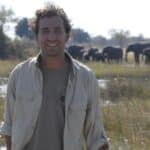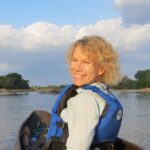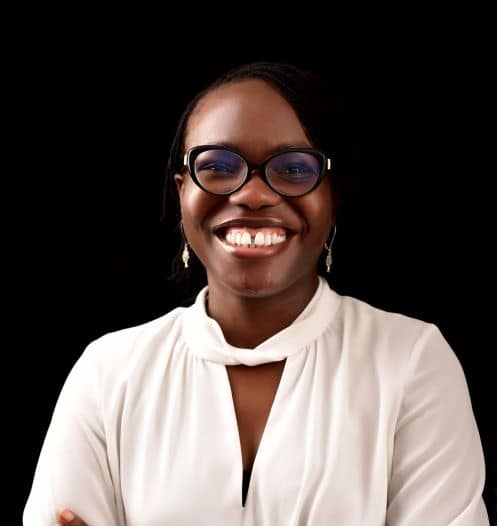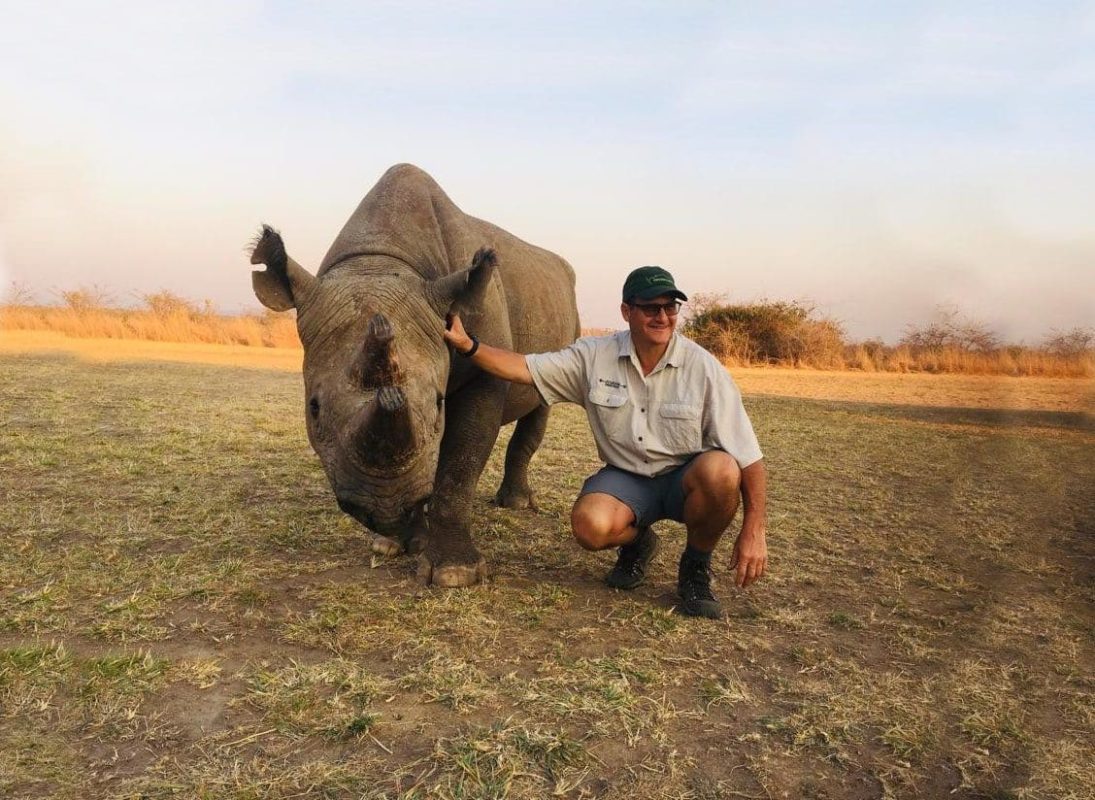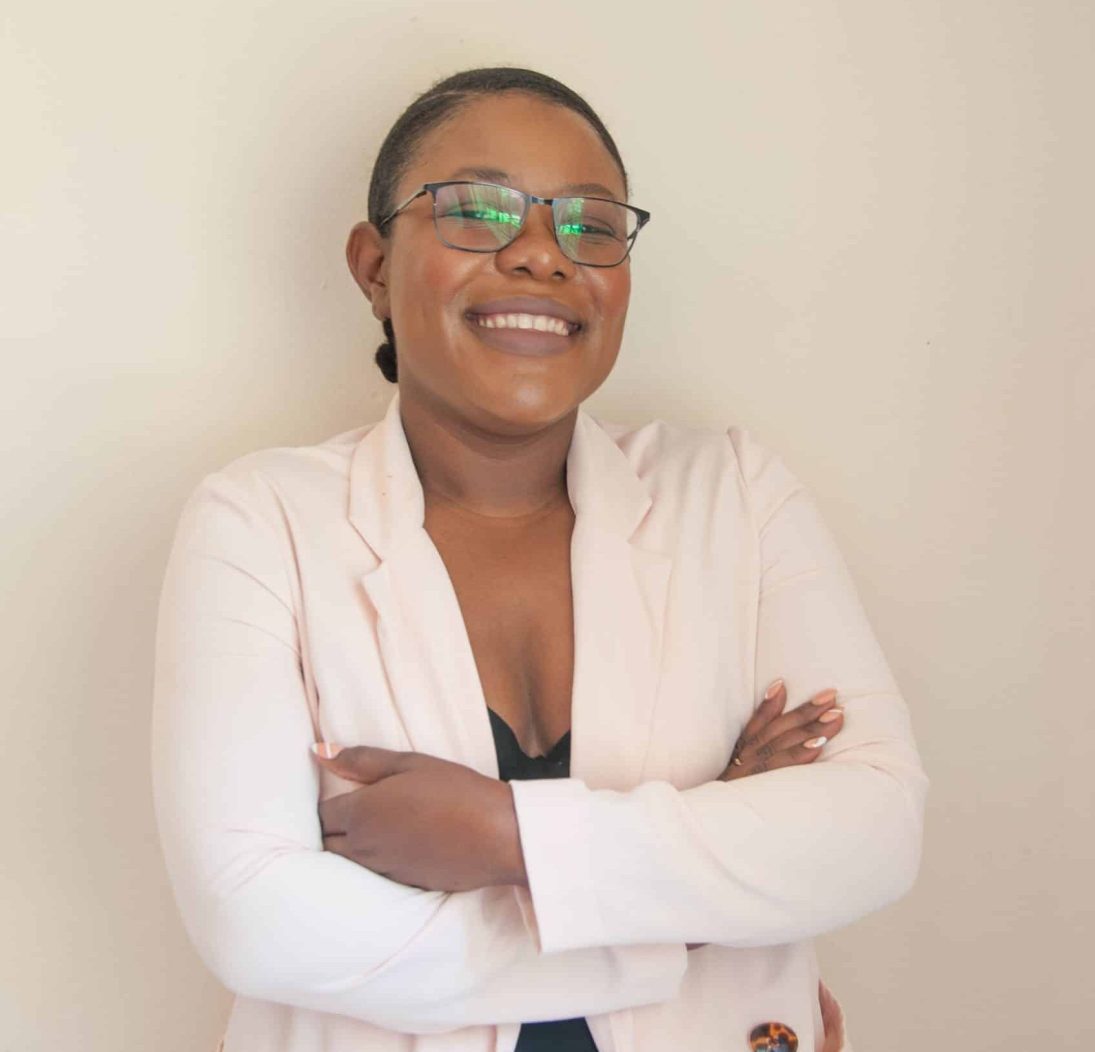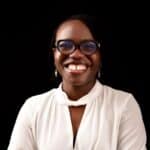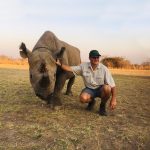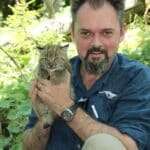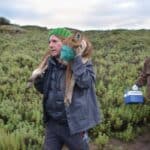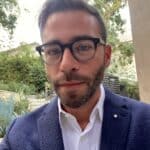Dr. Irene Amoke
Executive Director, Kenya Wildlife Trust
A landscape ecologist with over fifteen years of experience in field ecology, GIS, and project management, Irene has worked in academia, government, and the private sector in Kenya, South Africa, and the United Kingdom.
She holds a BSc in Zoology, an MSc in Environmental Assessment and Management, and a PhD in Landscape Ecology, and she is passionate about bridging the gap between science and policy formulation in the conservation sector. Her research focuses on the interface between wildlife, people, and emerging land uses, looking at practical and sustainable ways to mitigate and adapt to adverse impacts, particularly in fragile ecosystems.
Irene is a 2022 Eisenhower Fellow and serves on the boards and advisory councils of several national and international conservation organizations.


